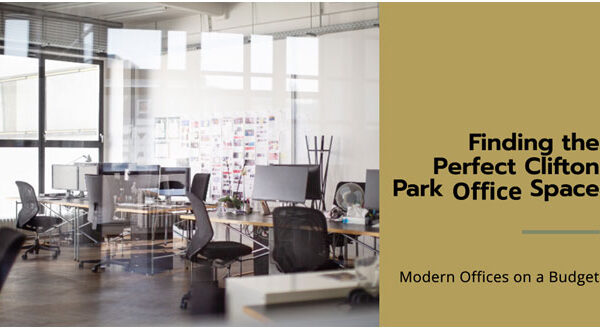
There are so many great things about running your own business. You get to be your own boss, and you can focus on products and services that you are truly passionate about. However, there are many hidden costs that come with running your own small business. Before you start your own company, it is very important to understand the financial challenges that come with being a business owner, so you can prepare accordingly. You likely already know that you’ll need to hire employees, get an office space for rent, and advertise your company. However, there are also plenty of smaller costs of running a business that you may not have considered. Here are seven hidden costs of running a small business that you’ll need to work into your budget.
Business Permits
No matter where you live, you’ll need to get the appropriate permits to run your business. Laws differ between cities and states, but generally you’ll need to pay for a permit to do business in your area. Depending on what industry your business is in, you may also need to pay for a professional license. These documents need to be renewed regularly, often every year or every few years. You’ll need to add these licensing fees into your yearly budget to ensure you don’t get blindsided by additional costs later on.
Insurance
It is very important for your business to carry insurance. Not only is it required by law in most places, but it will protect you legally and financially in the event of an accident. You’ll need to pay for liability coverage to cover your customers and your employees, but it’s also worthwhile to invest in additional coverage for negligence and property loss. A good independent insurance agent can help you find an insurance policy that makes the most sense for your company, depending on where you are, what industry you’re in, and what kind of customers you attract. Make sure to budget for insurance payments each month to make sure you’re covered. Keep in mind that many insurance providers offer discounts for consistent customers. Don’t be afraid to negotiate with your insurance provider and ask them how you can save money.
Employee Benefits
You’ve probably already considered the cost of paying your employees’ salaries, but many people forget that they need to offer benefits as well. It’s important to offer your employees perks like insurance and paid time off, in addition to a fair salary. When employees are treated well, they are much more likely to stay with your company, which reduces turnover costs. You will also need to factor in the costs of training both new and existing employees. Investing in good training tools ensures that your employees stay productive as technology advances. You should also factor in the costs of hiring independent contractors as needed. Sometimes the best way to get something done is by using a specialist, which is where independent contractors can be very helpful. However, they can be expensive, which is why it’s so important to budget for this ahead of time.
Equipment and Maintenance
Every small business requires plenty of equipment to get started. Just furnishing your office rentals can get expensive quickly, as you’ll need furniture, computers, and printers, plus you’ll need to maintain a set of basic office supplies, including paper, pens, folders, and more. Of course, you’ll also need to purchase any equipment that’s specific to your industry. The cost of industry specific equipment can add up quickly, which is why it’s so important to factor this into your budget from the beginning. You’ll also need to add in the costs of maintaining your equipment, particularly if repairs need to be done by a specialist. A broken piece of equipment can quickly slow your company’s productivity to a halt, which is why it’s so important to include maintenance in your monthly budget.
Delayed Payments
One of the most aggravating things about running a small business is dealing with late payments. Maybe a customer’s card declines or their check bounces, or one of your largest clients simply forgets to pay their invoice. While it may not seem like a big deal to your customers, it can affect your ability to pay the bills. When possible, it’s important to put money away to cover potential losses in the future. You should also make sure you set clear terms with clients when setting up a contract, and charge late fees for missed payments. This can help you avoid cash flow problems in the future.
Shrinkage
If your business focuses on selling physical goods, you’ll want to make sure you account for shrinkage when planning your budget. Shrinkage is a loss of inventory before it can be sold, and while you can take steps to minimize your shrinkage, it’s hard to prevent entirely. The best ways to prevent shrinkage are to keep very careful track of your supplier orders, and to make sure you’re doing regular inventory checks. Having a reliable system in place for tracking your orders will minimize your chances of experiencing inventory loss.
Loan Payments
It’s normal for business owners to take out a loan to get their company off the ground. However, your loan payments may end up eating away at more of your budget than you had initially bargained for. Loan payments can come with high interest rates, particularly if you don’t have good credit. If you miss a payment at any point, you can end up with late fees that hurt your budget even more. When taking out an initial loan, be sure to consider the long-term costs and how they might affect you going forward.
These hidden costs can make running a small business challenging, which is why it’s so important to include them in your business plan. Although running a small business can be expensive, it can also be very rewarding. Over time, you’ll learn how to budget for your business effectively to avoid cash flow issues and surprise bills.




